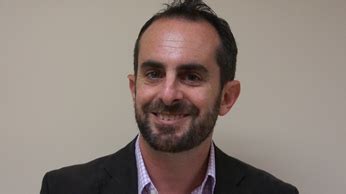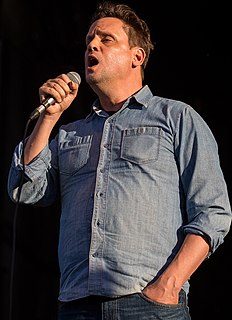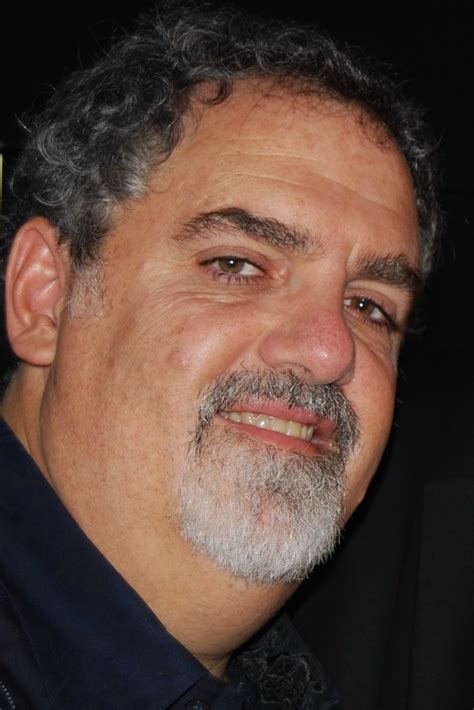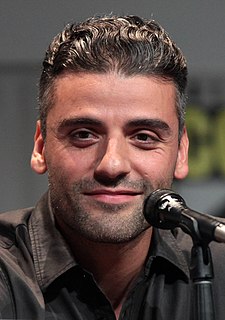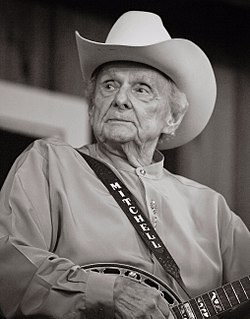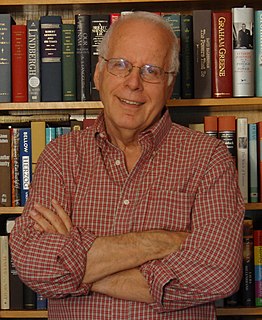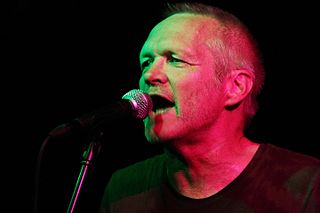A Quote by Jay Michaelson
Unlike many Sixties rockers,[Bob] Dylan sang about getting old, about broken dreams. His return to roots music pointed the way for many of his contemporaries to forsake trying to sound 'current' and to instead make music that would stand the test of time.
Related Quotes
In music, as you develop a theme or musical idea, there are many points at which directions must be decided, and at any time I was in the throes of debate with myself, harmonically or melodically, I would turn to Billy Strayhorn. We would talk, and then the whole world would come into focus. The steady hand of his good judgment pointed to the clear way that was fitting for us. He was not, as he was often referred to by many, my alter ego. Billy Strayhorn was my right arm, my left arm, all the eyes in the back of my head, my brainwaves in his head, and his in mine.
Bach in general was so good with the violin. He just finds the genius way around his music on the instrument. When you think about the fact that the instrument has changed significantly since he wrote for it and his music still really works, it's brilliant. He was definitely ahead of his time. There's something so satisfying about his music. It's beautifully organized and emotional at the same time. I find it highly exciting.
The most recent incarnation of [Bob] Dylan has been the traveling journeyman/ charlatan who sings roots music, snarls dark lyrics that make "All Along the Watchtower" sound like a Disney tune, hosts an old-school radio show, and turns up in some unusual places, like ads for Chrysler and Victoria's Secret.
In the 1960s, people like Bob Dylan, his music and words were a threat to the society and mainstream of the time. It shook people alive, and directly and indirectly things changed. But, as I see it, the change is never through the music alone. It's also the circumstances around the music that will cause/create the effect. And sometimes it's just strictly accidental that a piece of music becomes a form of protest.
